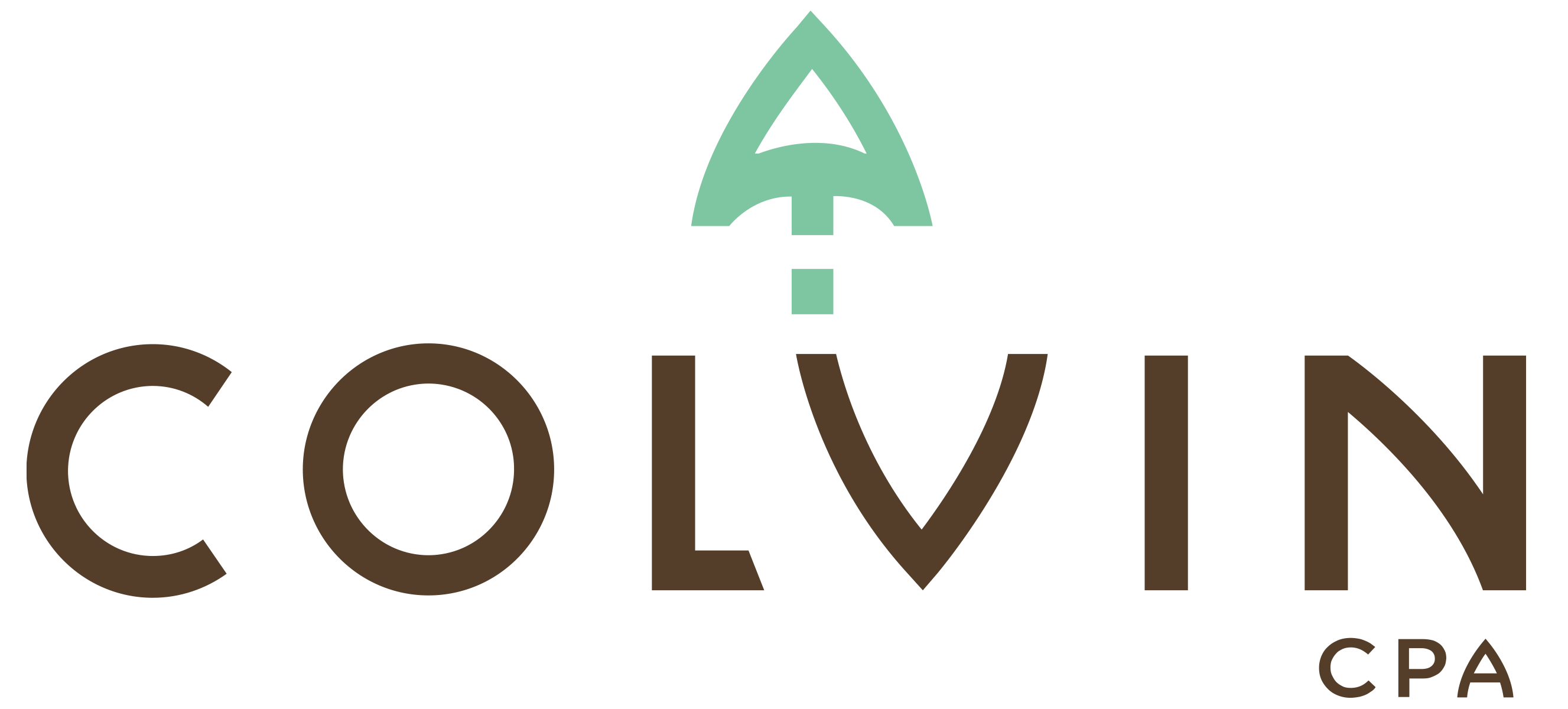Can I donate my services to a non-profit organization?

Every keynote speaker meets a non-profit organization that needs to hear their expertise but doesn’t have money in their budget to pay for it. Here are the fast facts to help you learn how this situation could impact your income taxes.
Fast facts:
1. No one can deduct the value of their time or services donated to a nonprofit organization. Donating a $6k keynote does not create a $6k deduction.
2. No one can deduct discounted services sold to a nonprofit organization. Discounting your $6k keynote to $2k does not create a $4k deduction. It creates $2k taxable income.
3. Any expense reimbursements received from the nonprofit organization are taxable income but can be offset by the related expenses. Receiving an $800 reimbursement for an $800 travel expense has a net $0 effect on your income taxes.
4. Expenses that are ordinary and necessary to provide the donated services, such as travel, may be a deductible expense.
5. The deductibility of expenses depends on your intentions. If you are donating a keynote to advertise your business, the related expenses may be fully deductible advertising expenses.
6. If you receive no benefits for donating the keynote, the related expenses are charitable contributions and may not be deductible. Deductibility depends on several factors including your business’s tax classification and whether shareholders itemize expenses on schedule A of their personal income tax forms.
7. For all charitable contributions, the IRS requires that you keep detailed receipts.
8. For all charitable contributions > $250, the IRS requires that you keep an acknowledgment letter from the nonprofit organization.
9. To be eligible for deduction, any charitable contribution has to be to a qualified nonprofit organization. Use this IRS website to search the organization’s name and location.
10. If your business pays more than fair market value to buy something from a nonprofit organization, the excess is a charitable contribution. Buying a $500 ticket to a fundraiser dinner valued at $100 is classified as a $100 meal expense and a $400 charitable contribution.
Do you want to see these facts applied to some real life scenarios? Read the following transcript of a common conversation that Colvin CPA has with clients. As always, we strongly recommend that you talk with your accountant to discuss how IRS rules apply to your specific scenario.
Keynoter: I’ve been talking with a nonprofit organization that needs my services but can’t fit my fees into their budget. I really value what they do in the world and want to support their work by donating a keynote to their annual fundraising dinner. What are the income tax consequences?
Accountant: That is a wonderful idea! First of all, your ability to deduct any donations requires that the organization is a qualified nonprofit organization with the IRS. We can tell by using this IRS website to search the organization’s name and location. Please, tell me more about what you plan to donate to them.
Keynoter: The nonprofits work was derailed by legislative influences last year and everyone involved is utterly burnt out. In July, they have a fundraising dinner that will bring together their donors, board members and staff. The executive director will be presenting the annual report and knows that the audience will be feeling defeated by it. I’d like to donate my motivational keynote called Now is the Time to Soar so that we can end the evening positively.
Accountant: I see how you can really help them. Are they able to pay you anything for your speech?
Keynoter: All they can do is reimburse my flight. I will need to spend the night so I will be paying for my own hotel, meals, taxis, etc.
Accountant: Pay for all of those things with your business credit card and send us the detailed receipts. Your airline ticket is probably a deductible travel expense. The reimbursement is taxable income. The net effect could be $0 having no effect on your tax return. Please, tell me more about your intentions with this event.
Keynoter: Typically, I would charge $6k to provide this speech. If I am not receiving that fee, do I get to record a $6k deduction?
Accountant: No, the IRS has clear rules that no one can deduct the value of their donated time or services.
Keynoter: What if I do bill the organization for the $6k speaker fees and promise that I will donate the $6k cash back to them?
Accountant: For the nonprofit organization, that plan would only create an administrative burden. They would record $6k expense and $6k income resulting in $0 benefit.
For you, that plan could backfire by increasing your tax bill. Your business would have $6k income and $6k charitable contribution which is not always 100% deductible. Since you are an S Corp, the $6k charitable contribution would flow through to your personal tax return and deductibility would depend on whether or not you itemize on Schedule A.
Keynoter: What if I convince the organization to pay $2k instead of the usual $6k? How would that $4k discount affect my taxes?
Accountant: We would record $6k sales and a $4k discount which leaves you with $2k of taxable income. It could be reduced by the related expenses that the non-profit is not reimbursing to you like meals and lodging.
Keynoter: Even though I am not being paid my fees, it will be good for me to get in front of their audience because they tend to be officers of large for-profit organizations that do have space in their budget to hire me in the future.
Accountant: It sounds like your intention is for this event to lead to future sales. That would classify the transactions to advertising instead of charity. That’s good because advertising is typically more deductible than charitable contributions.
Keynoter: I agree that this is actually a marketing event for my business. I am also donating copies of my recent book to be placed in each seat.
Accountant: As a marketing event, the cost of those books are a fully deductible marketing expense. As a charity event, the cost of those books will be recorded as a charitable contribution which may or may not be deductible.
Keynoter: There is also going to be a silent auction going on during the dinner. I’ve decided to donate two items. One donation is a ticket for a hot air balloon ride. Get it, I am playing on the angle of soaring? The other donation will be another Now is the Time to Soar keynote speech that I will provide to the organization of their choosing.
Accountant: Those ideas are awesome! For the hot air balloon ride ticket, pay for it on your business credit card and we will record it as a charitable contribution. It may not be fully deductible. For the additional keynote, there will not be any deduction because the IRS will not allow anyone to deduct the value of their donated time or services.
Keynoter: My administrative assistant is excited about this nonprofit too and wanted to get involved. I told her that I would pay her to give 20 hours this month to help organize their event. Can I deduct the cost of her 20 hours of wages?
Accountant: As a marketing event, the cost of her 20 hours is a fully deductible wage expense. As a charity event, the cost of her 20 hours is not deductible because the IRS does not allow anyone to deduct the value of anyone’s donated time or services. Either way, I am glad to hear that your idea is engaging and motivating your whole team.
Keynoter: It really is helping me develop a relationship with my administrative assistant. In fact, I am buying tickets for her and I to attend the fundraiser together. The tickets are $1k each. Are those tickets a deductible expense?
Accountant: A portion of it is deductible. The IRS requires us to determine the fair market value of what you actually receive for the $2k worth of tickets. Some nonprofits make this easy by telling you the fair market value in their letter that acknowledges your gift. If they don’t tell us that information, we can make an educated guess. If the two of you went out for a similar night in that city, those things would likely cost $300 for the dinner and $200 for entertainment. We will record $300 of meal expenses (which are 50% deductible) and $200 entertainment expenses (which are 0% deductible). The remaining $1,500 will be recorded as a charitable contribution.
Keynoter: I am glad that I reached out to you. I will send you an update once I’ve finalized more details.
Accountant: Let me know what other questions come up. I am here to help.
Ready to Donate Smartly? Let Colvin CPA Be Your Guide!
Donating your services to a nonprofit involves navigating through complex income tax rules. At Colvin CPA, we’re here to help make sure your kind act fits well with your financial plans and tax needs.
Reach out to Colvin CPA. We’re here to ensure your generosity is both impactful and in your best financial interest. Contact Us
Have a related topic you’d like to learn more about? Share it with us, so we can add it to our blog!


